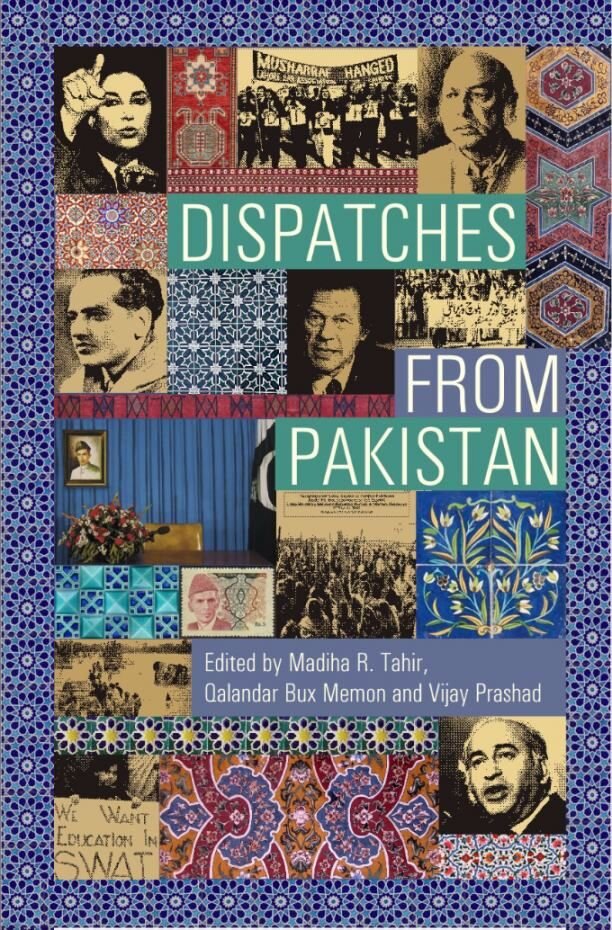The University of Warsaw’s Zofia Rohozińska and Sara Herczyńska reflect on selected films screened at Yerevan’s recent Festival, now in its 19th year.
Read More“I’m used to seeing the study of cultural and political memory as a matter of preserving the memory of past violence so that lessons can be learned in an (implicitly) peaceful present,” writes David Clarke, “but Armenia is still reeling from violent confrontation.”
Read MoreThis month sees a welcome return to international travel and in-person collaboration by the DisTerrMem research team - with new opportunities and challenges ahead.
Read MoreTo introduce the DisTerrMem project to a wider audience as part of the Futures2020 public engagement event, we created a short film featuring a poem by the late American poet, Thomas Lux.
Read MorePart 2 of 2: Memory and cultural heritage - from reconciliation and peace building to pilgrimage and tourism
In 2020, the DisTerrMem project published four literature reviews, one of which surveyed current knowledge and research on the role of cultural practitioners in managing memories of disputed territories. Here, the University of Bath’s Shauna Robertson introduces and summarises the review.
Read MoreDisTerrMem researchers took part in a Festival of Discovery that showcases and engages people with European research and innovation.
Read MoreFundacja Pogranicze / The Borderland Foundation based in Sejny, north-east Poland, is one of DisTerrMem’s six partner organisations. Weronika Czyżewska-Poncyliusz, the Foundation’s Coordinator of International Programmes, gives an overview of its philosophy and current work.
Read MoreHranush Kharatyan of the National Academy of Sciences of Armenia spent three months with Poland’s International Center for Dialogue, an NGO based near the Lithuanian border. Here, she discusses some of her observations and research findings on the ethnic history of the region, and its ongoing impact on relationships in an ethnically diverse population.
Read MorePart 1 of 2: Memory, territory and cultural practice
In January 2020, the DisTerrMem project published four literature reviews, surveying existing knowledge and research on the respective roles of nation states, regional organisations, civil society groups and cultural practitioners in managing memories of disputed territories. Here, the University of Bath’s Shauna Robertson introduces and summarises the review exploring the role of cultural practitioners.
Read MoreRabia Malik is a Research Assistant at Forman Christian College University in Lahore, Pakistan. As part of a wider exploration of the role of regional organisations in managing memories of disputed territories, here she mines a range of research on the role of the United Nations in the Kashmir conflict, and on the legacy of the British Empire in the region.
Read MoreIn January 2020, the DisTerrMem project published four literature reviews, surveying existing knowledge and research on the respective roles of nation states, regional organisations, civil society groups and cultural practitioners in managing memories of disputed territories. Here, the University of Bath’s Shauna Robertson introduces and summarises the review on the role of nation states.
Read MoreAnna Cento Bull responds to an article by Simon Lewis, ‘Border Trouble: Ethnopolitics and Cosmopolitan memory in Recent Polish Cinema’, published in East European Politics and Society and Cultures, and seeks to clarify the fundamental differences between agonistic and cosmopolitan modes of remembering.
Read MoreIn a recent article published in the journal Constellations, DisTerrMem researchers Anna Cento Bull and David Clarke explore the role of monuments and memorials as symbols of ‘public memory’, and ask, as modern approaches to memorialization change and certain sites become places of public contestation, what alternatives exist for public commemorative art?
Read MoreShauna Robertson, of the University of Bath, UK, offers a simple introduction to the notion of ‘agonistic' memory’ , which is central to the DisTerrMem project. In international relations, how might an ‘agonistic’ approach to people’s memories of past disputes help nations and communities to move beyond ongoing cycles of violent conflict?
Read MoreQalandar Memon is Assistant Professor in the Department of Political Science of Forman Christian College in Lahore, Pakistan. In summer 2019 he spent a month on secondment to the University of Bath to undertake research as part of the DisTerrMem project. Here, he relates his work with communities in struggle in Pakistan to the aims and approaches of DisTerrMem as an EU-funded project, and considers a number of ethical questions.
Read MoreTomasz Rawski of the University of Warsaw’s Institute of Sociology spent a month in Yerevan, Armenia, hosted by the NGO Educational and Cultural Bridges. There, he visited two of the city’s key commemorative museums, where he noticed some interesting convergences in narratives of the disputed national past.
Read MoreUmber Bin Ibad of Forman Christian College in Lahore, travelled from Pakistan to the University of Bath in the UK to undertake research on pilgrimage and diasporas as agents of cultural practice, and how they shape people’s memories of disputed territories.
Read MoreRuzanna Tsaturyan of the Institute of Archaeology and Ethnography at the National Academy of Sciences of Armenia spent two months with the Borderland Foundation in Sejny and Krasnogruda, Poland, where she discovered a wealth of approaches for supporting diversity in borderland communities.
Read More“Memories are delicate possessions,” writes M. Usman Farooq of Forman Christian College in Lahore, who travelled from Pakistan to Armenia to undertake research on the role of politicians in how, and what, nations remember.
Read MoreDisTerrMem project coordinator Sophie Whiting reflects on a full-day event that brought together DisTerrMem researchers and a group of civil society stakeholders, to share perspectives on the project’s ongoing development and ensure direct relevance of research findings to current practice. Includes video presentations from the event.
Read More
















